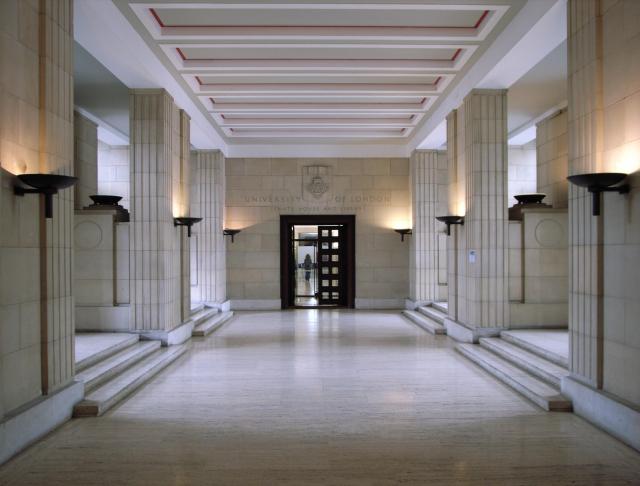
I attended the inspirational Radical Collections conference held at Senate House on 3rd March which was part of their Radical Voices season. The main themes of the conference were collections development, the politics of cataloguing and widening participation and representation. Many of the papers focused on more than one of these themes and the papers and audience were a good (healthy?) mix of archives and library professionals and others. My role as digital archivist is not just about preservation but also access to digital collections and their on-going management. Archive collections (and other library special collections) do not sit in isolation and have to be considered as part of a wider cultural and political background. Decisions made by library and archive professionals have consequences for their donors and users. The importance and significance of the context collecting and managing is key to meeting equality and diversity agendas.
The first session looked at some collections with “radical” contents: Ken Loach’s archive at the BFI, the Underground and Alternative Press Collection at the University of Brighton and the archives of Radical Psychiatry (or anti-psychiatry). The collections referred to were very varied in subject matter but were united in the way in which they cast light on “alternative” narratives. Ken Loach’s archive reveals interviews reveal the dissenting voices of union activists of the 1970’s and 80’s which are not otherwise represented in the official archives. Brighton’s underground and alternative press collection documents the hugely influential narratives of alternative community activity in Brighton – much of which has since become mainstream, such as environmental activism, but which had its origins in alternative activism. Likewise the history of the development of psychiatry has a counter-narrative of alternative practice.
The second panel looked at some of the more political aspects of library collections and tackled questions as diverse as as varied as discriminatory library cataloguing systems (and practice) and the predominance of whiteness in librarianship. The papers were a useful reminder – if that were needed – of the constant need to address inbuilt discriminatory practice. Inclusion and presence is not enough and sometimes the structures themselves need to be challenged to lessen discrimination.

In the afternoon there was more on radical histories drawn from collections, from the children’s literature in Cork reflecting the emergence of the Irish Free State at the beginning of the twentieth century, through the archive of a women’s organisation of the 1990s to the issues around the preservation and access of zines. This session had a lot of focus on the personal relationships which develop between the creator of the collections and the collecting institution. This exposes tensions where there are ideological differences between them or where the creator has ideological disagreements with the collecting institution – something which was returned to later.
The final panel looked at the issue directly relating to the workforce. I was asked to step in to chair this session at the last minute – which I was very happy to do as it was a fascinating range of papers only marred by a fire alarm which interrupted the first speaker. Tamsin Bookey from Tower Hamlets revisited the issue of whiteness in libraries and archives both in terms of users, collections and staff. She also looked at the Social Model of Disability in relation to archives provision. Katherine Quinn in the second paper looked at the challenge of radical librarianship in the HE Sector and finally Kirsty Fife and Hannah Louise Henthorn discussed approaches to diversifying the archives sector and launched a survey which you can take part in: Marginalised in the UK archive sector.
The conference was extremely thought provoking and there are a number of issues that I have been reflecting on with respect to my practice. Libraries and archives are not neutral spaces nor are they “a static auxiliary” to education, as defined by some sociologists. Any collecting or engagement activity in libraries or archives needs very careful assessment and critique to support equality in service provision and maintain transparency (rather than neutrality which is not achievable).
